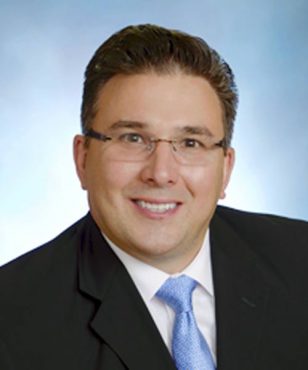 Seniors have ample options when it comes to retirement and embarking on their next life journey. Many adults do not want to burden their children with talk about retirement, but are also concerned about the financial tolls retirement may take. Many adults are also in denial about their health conditions and often don’t think about what it takes to retire happily.
Seniors have ample options when it comes to retirement and embarking on their next life journey. Many adults do not want to burden their children with talk about retirement, but are also concerned about the financial tolls retirement may take. Many adults are also in denial about their health conditions and often don’t think about what it takes to retire happily.
Speaking to adult children before a retirement move is important for seniors and their children. Here are some common questions you may have as you get ready to have “the talk” with your adult children.
Question: What can parents do to help their adult children understand the retirement move process?
Answer: The first step in speaking with family members about retirement is to be honest and realistic about physical and financial health. Seniors need to visualize their life for the next 10 years in the aspects of health and finances.
Planning ahead makes it easier for the retirees to be the ones who initiate the change instead of leaving it up to others, when they can no longer make the decision for themselves.
In retirement, seniors have an abundance of time to spend exploring new activities and visiting grandchildren. Innovative senior living communities that offer a continuum of care allow adults to still enjoy the things that they love, while providing a peace of mind that if there are unforeseen health issues, they will be taken care of.
Question: How can parents help adult children cope with change?
Answer: When mom and dad retire, even adult children may feel as if they are losing their family home. Whenever possible, try to anticipate change and allow time for the family to prepare.
Seniors can express to loved ones that taking the leap to a retirement community is a positive and exciting move. Feeling burdened with healthcare costs and a mortgage is not the way to enjoy retirement.
Question: What is the best way to speak with children who are in denial about parents entering retirement?
Answer: Seniors are not the only ones who have denial about physical and financial health. Children can be in denial about their parents’ physical state.
Those who can be realistic and make choices for their retirement years are the ones who will be happiest and feel the most in control. Sit down with family and thoroughly examine the numbers and medical conditions that could arise. Professionals are available at senior living communities to present the financial responsibilities and healthcare costs that seniors face in retirement.












Comments